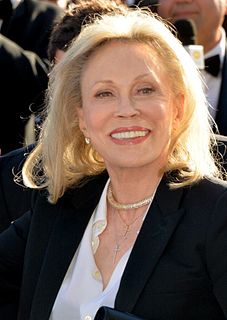A Quote by Philippe Falardeau
We have a conservative government that only thinks in terms of efficiency. They are spending a lot of money on military expenses and less and less on culture. My position is that culture can actually be economically viable. When I make a film, the film costs $3 million. Now, in Quebec, it grossed $3.5 million, which is a small film. It's not a comedy. There are no stars in it. And, it still grosses $3.5 million. That's just in Quebec.
Related Quotes
They said, "You get $2 million to make the film, if you're not in it. If you are in it, you get $5 million to make the film." There was no way to make the thing for $2 million, so I made it for $5 million. And then, it turned out there was no way to make the thing for $5 million. That's when it got weird.
At the end of the day, it's all one version of telling a story. I treated this as if it was a two million dollar independent film. I did a lot more physical work than I'd probably have to do for a two million dollar independent film with four months of training and stuff. But as far as the character's psychology or emotional life goes, I treat it just the same.
As the stars make more and more money - one person gets $12 million, $14 million, $15 million, $20 million - everyone else is expected to work for peanuts. And that includes some extraordinary actors who are, today, working for peanuts because the production companies have decided they don't need to pay these people, and they don't.




































